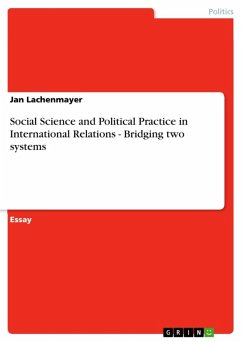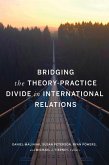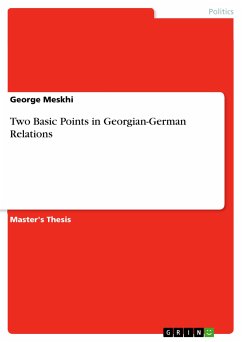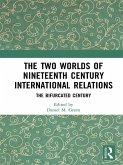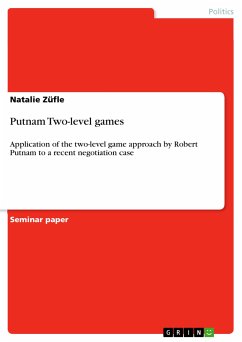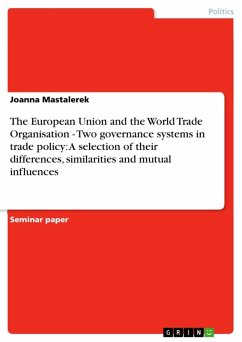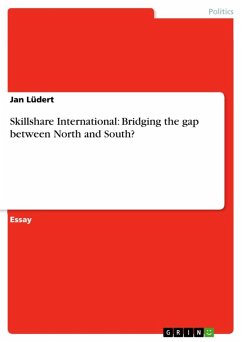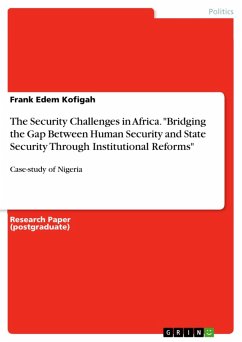Essay from the year 2007 in the subject Politics - International Politics - General and Theories, , course: 6th Pan-European International Relations Conference, Turino, 12-13 September 2007, language: English, abstract: International Relations in the 21st Century are more ambiguous than ever. The world can today be interpreted as a multi-polar one, where nation states, international organisations and transnational companies are in no way the only relevant entities. We live in a world of increasing complexity, where answers, if we have them at all, have a short lifespan. Buzzwords for these phenomena are globalisation, electronic revolution through the Internet, climate change, an age of terror, to name just some of them. We live in times characterized by rapid change. For political practitioners in international relations it seems to have become more difficult to act appropriately within this world situation. Increased uncertainty about the future becomes more immanent. Impacts and outcomes of policies and actions are more unpredictable, although their influence is greater then ever, because of the increased interconnection through globalisation. Cause and effect of incidents are distant in time and space. Time spans for making decisions decrease, thus time pressure becomes daily mastery. It seems that for political practitioners who face these problems support is greatly beneficial. The need is apparent and science jumps in to deliver this support. However, this cooperation has shown itself to be difficult. Scientists often complain that politicians do not follow their advice, while politicians complain that scientists are escapists who do not consider political reality. But why are scientific solution strategies often not adopted by politics? Political Process Advising overcomes the communication barriers between science and political systems by mediating the diverging semantics and logics.
Dieser Download kann aus rechtlichen Gründen nur mit Rechnungsadresse in A, B, BG, CY, CZ, D, DK, EW, E, FIN, F, GR, HR, H, IRL, I, LT, L, LR, M, NL, PL, P, R, S, SLO, SK ausgeliefert werden.

